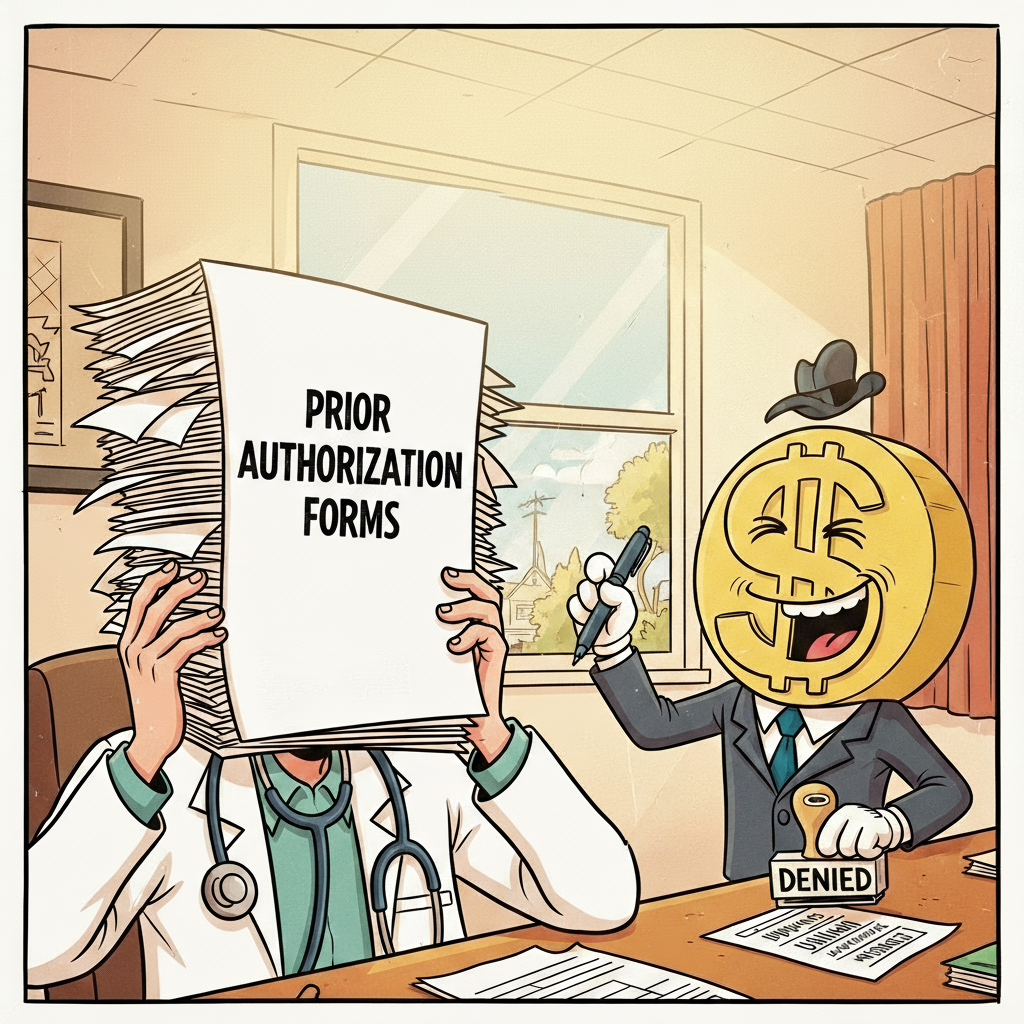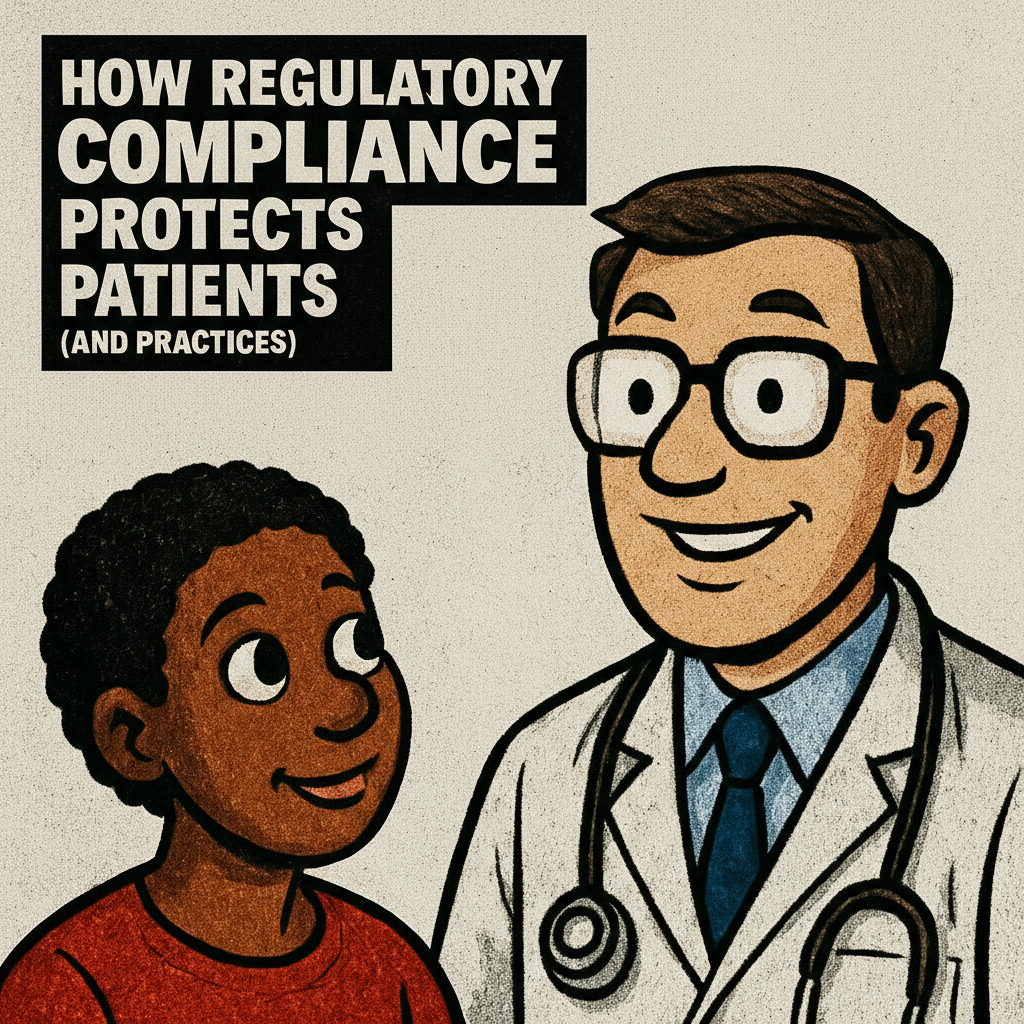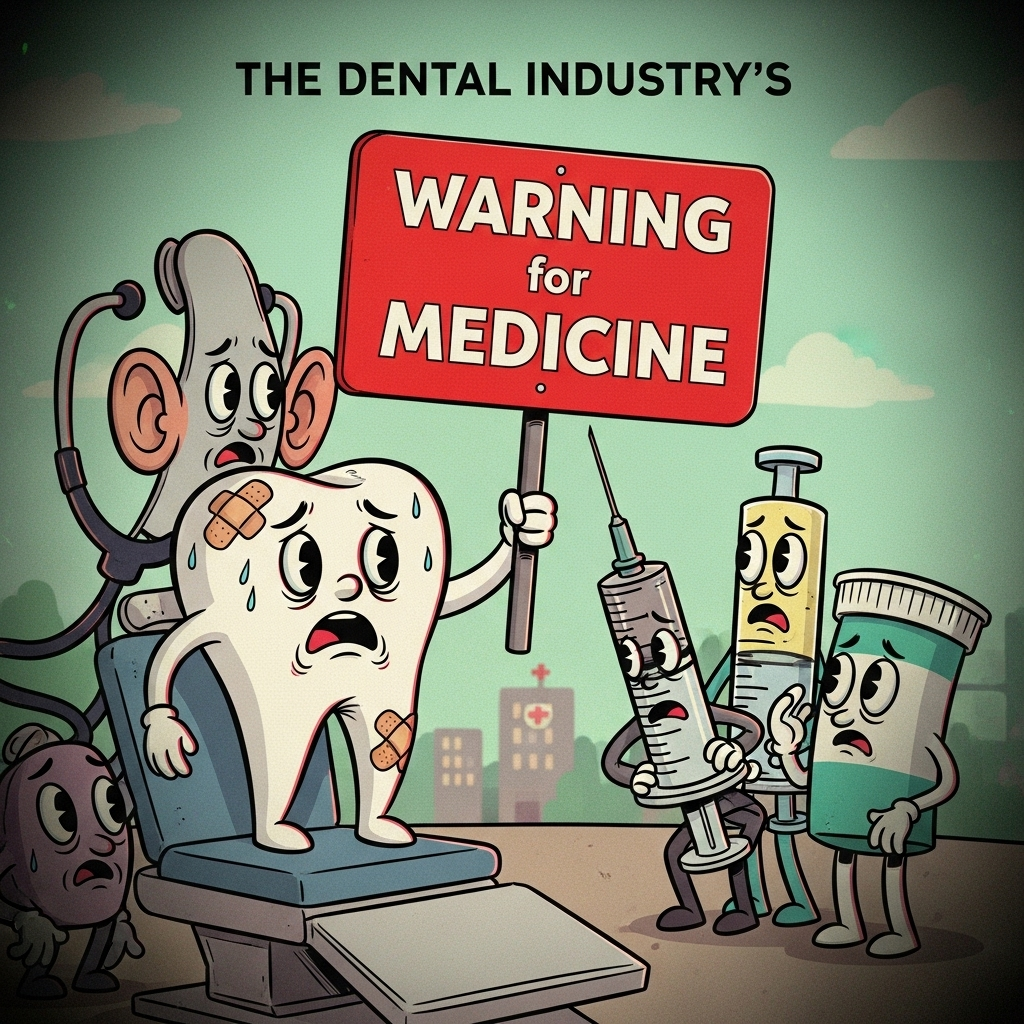
Introduction: When the Gatekeeper Doesn’t Have a Key
Imagine diagnosing a patient, determining the best treatment based on years of training, and explaining the plan to them—only to be told by a distant third party, “We don’t think that’s necessary.”
That’s prior authorization in a nutshell.
It’s the insurer’s requirement that you obtain approval before providing certain medications, tests, or procedures.
The problem isn’t just the delay—it’s that these decisions are often made by people without the training, context, or license to override your judgment.
How Prior Authorizations Work in Theory
Insurers argue that prior authorizations:
- Prevent unnecessary procedures
- Reduce costs by avoiding ineffective treatments
- Encourage adherence to “evidence-based” protocols
In theory, that sounds reasonable.
In reality, it’s often a cost-control tool disguised as quality control.
The Real-World Problems
1. Delays in Care
Even urgent needs can be delayed days—or weeks—waiting for a green light.
Some patients abandon treatment entirely after repeated denials.
2. Non-Specialist Reviewers
A specialist’s recommendation might be second-guessed by a nurse reviewer or a physician in a different specialty—sometimes without any patient interaction.
3. Administrative Overload
Providers and staff spend hours navigating insurer portals, faxing documents, and sitting on hold for peer-to-peer calls.
4. Denials as a Business Strategy
Many denials are reversed on appeal—because the initial “no” is more about attrition than evidence.
Why This Looks Like “Practicing Medicine Without a License”
When an insurer dictates whether a patient receives a specific treatment, they are making a medical decision.
If that decision contradicts the treating provider’s plan—especially without examining the patient—it raises legal and ethical concerns.
Some states have begun exploring whether this constitutes “practicing medicine without a license.” The argument is simple:
- The insurer’s decision has direct medical consequences.
- The decision-maker is not the treating provider and may lack specialty training.
- The patient’s outcome is altered by someone outside the established provider-patient relationship.
The Human Cost
A denied MRI may mean delayed diagnosis of a tumor.
A rejected prescription could mean uncontrolled symptoms for weeks.
In cases of serious illness, these delays can result in irreversible harm—or death.
Strategies for Providers
- Document Clinical Necessity in Detail
The more specific your notes, the harder it is to deny. - Push for Peer-to-Peer Reviews
Insist on speaking with someone in your specialty. - Use State Resources
Many states have timelines for prior authorization responses—use them. - Engage the Patient
Patients often find success by contacting their insurer directly, filing complaints, and escalating their cases. This proactive approach is effective because, as the saying goes, “the squeaky wheel gets the grease,” and it is ultimately their policy.y.
Policy Solutions on the Horizon
Several states are pursuing:
- Gold Card Laws – Exempting providers with high approval rates from prior authorization requirements.
- Transparency Mandates – Requiring insurers to publish denial rates and criteria.
- Appeals Reform – Shortening timelines and mandating specialist review.
Final Thoughts: Restoring Clinical Authority
Prior authorizations were meant to protect patients and control waste—but when misused, they undermine both.
If insurers want to influence medical decisions, they must be held to the same accountability standards as licensed providers.
Until then, the best defense is vigilance, documentation, and a willingness to push back—because your license, not theirs, is on the line when the outcome goes wrong.
About the Author
Douglas J. Jorgensen, DO, CPC, FAAO, FACOFP
Dr. Doug is a physician, consultant, and national educator on healthcare policy and regulatory compliance. He helps providers protect patient access and push back against insurer overreach.


